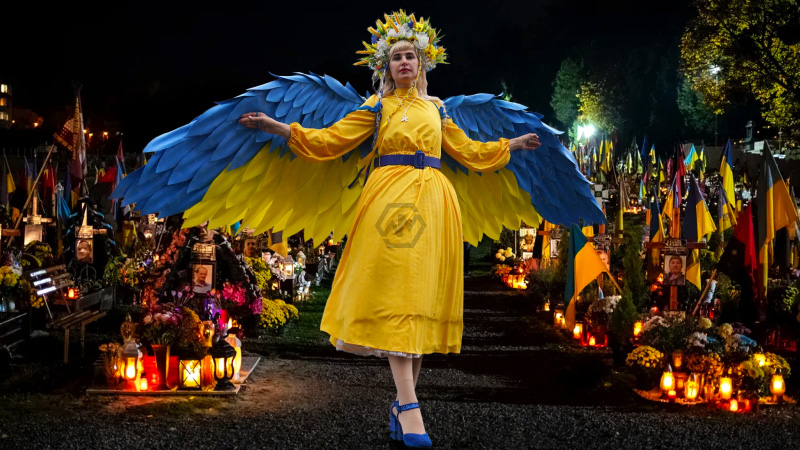- European leaders, including Ursula von der Leyen, visited Kyiv to mark the third anniversary of the invasion.
- The EU is increasing efforts to support Ukraine amid uncertainty over U.S. policy under Donald Trump.
- A March 6 emergency EU summit will focus on Europe’s strategic response to the war.
European leaders, including EU Commission President Ursula von der Leyen and European Council President Antonio Costa, arrived in Kyiv to show unwavering support for Ukraine on the third anniversary of Russia’s invasion.
In response to changing geopolitical dynamics, the EU is set to hold an emergency summit on March 6 to discuss Ukraine’s future and how to sustain its defense efforts.
Europe Stands Firm with Ukraine Amid U.S. Policy Shifts
European leaders gathered in Kyiv on the third anniversary of Russia’s full-scale invasion, demonstrating unity and commitment to Ukraine’s sovereignty. Ursula von der Leyen reinforced the EU’s stance, stating that Ukraine’s struggle is deeply tied to Europe’s security. Antonio Costa and other European heads of state joined memorial events and strategic discussions with Ukrainian officials.
As Trump’s administration appears to be reevaluating U.S. involvement, European nations are working to maintain military and financial assistance for Ukraine. The EU sees this as a defining moment for its geopolitical influence, aiming to strengthen independent support mechanisms in the absence of unwavering U.S. aid.
The planned Brussels summit on March 6 will focus on ensuring continued backing for Ukraine while addressing concerns about Trump’s foreign policy. European diplomats, including Kaja Kallas, have emphasized that peace negotiations cannot exclude Ukraine and the EU, pushing back against unilateral talks between the U.S. and Russia.
Meanwhile, Russia and the U.S. continue behind-the-scenes negotiations, raising speculation about a potential agreement that could reshape the course of the war. European leaders are wary of any settlement that compromises Ukraine’s territorial integrity or security interests.
The EU’s firm stance on Ukraine signals a decisive shift in European diplomacy, as leaders work to counterbalance U.S. unpredictability. With new challenges ahead, Ukraine’s future may increasingly depend on Europe’s strategic decisions.
“You can discuss whatever you want with Putin. But if it comes to Europe or Ukraine, then Ukraine and Europe also have to agree to this deal.” – Kaja Kallas



